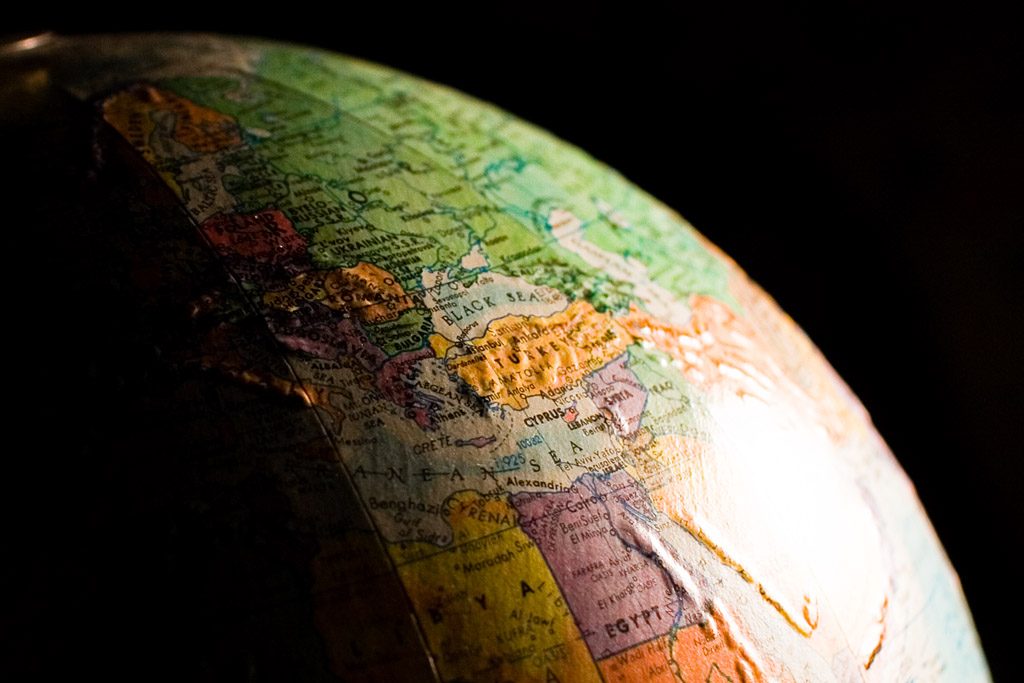
From Fred Kempe, the New Atlanticist: For all their bitter differences, President Obama and Governor Romney share one overwhelming challenge. Whoever is elected will face the growing reality that the greatest risk to global stability over the next 20 years may be the nature of America itself.
Nothing – not Iranian or North Korean nuclear weapons, not violent extremists or Mideast instability, not climate change or economic imbalances – will shape the world as profoundly as the ability of the United States to remain an effective and confident world player advocating its traditional global purpose of individual rights and open societies.
That was the conclusion of the Global Agenda Council on the United States, a group of experts that was brought together by the World Economic Forum and that I have chaired. Even more intriguing, our group tested our views on, among others, a set of Chinese officials and experts, who worried that we would face a world overwhelmed by chaos if the U.S. – facing resource restraints, leadership fatigue and domestic political dysfunction – disengaged from its global responsibilities. . . .
The election campaign is unlikely to shed much light on these issues, yet both candidates face an inescapable truth: How the U.S. evolves over the next 15 to 20 years will be most important single variable (and the greatest uncertainty) hovering over the global future. . . .
Middle Eastern diplomats in Washington say the failure of the U.S. to orchestrate a more coherent and generous transatlantic and international response to their region’s upheavals has resulted in a free-for-all for influence that is favoring some of the least enlightened players. Although the U.S. has responded to the euro zone crisis, as a result of its own economic fears, it hasn’t offered a larger vision for the transatlantic future that recognizes its enormous strategic stake in Europe’s future, given global shifts of influence.
The U.S. played a dominant role in reconstructing the post-World War Two international order. The question is whether it will do so again or instead contribute to a dangerous global power vacuum that no one over the next two decades is willing or capable of filling.
Fred Kempe is the president and CEO of the Atlantic Council. This blog series was originally published by Reuters.
Image: globe.jpg
